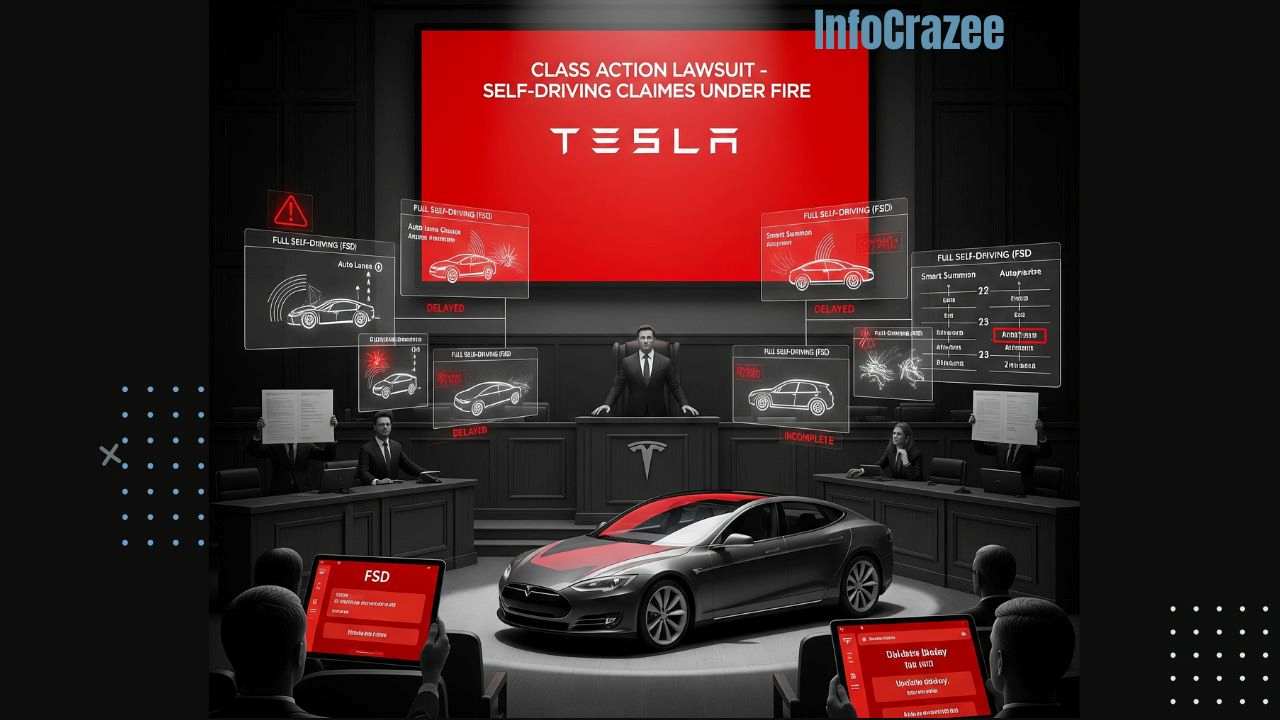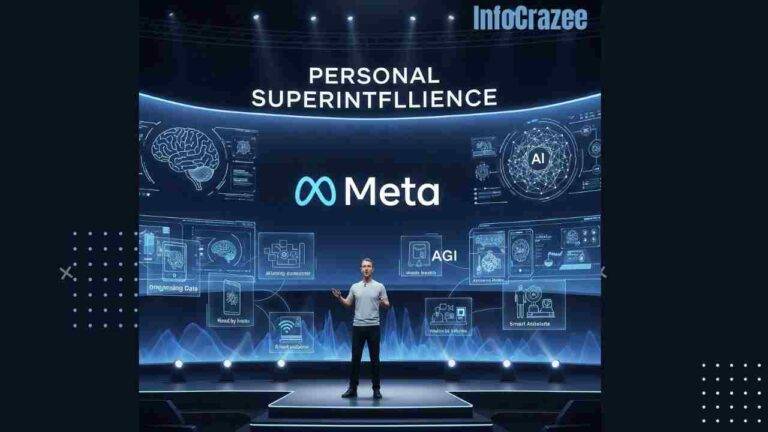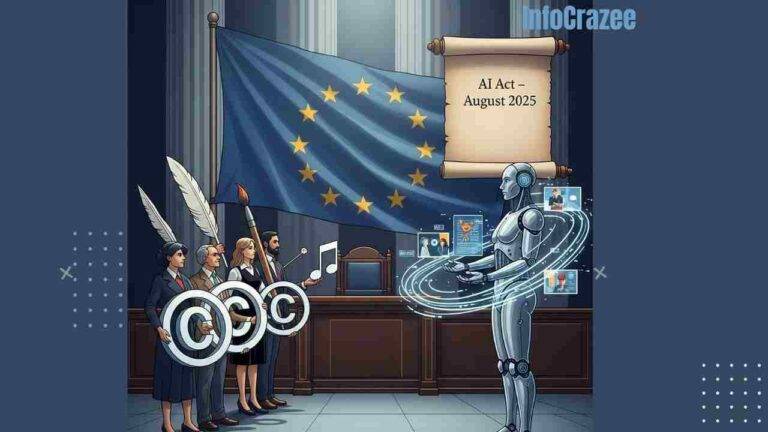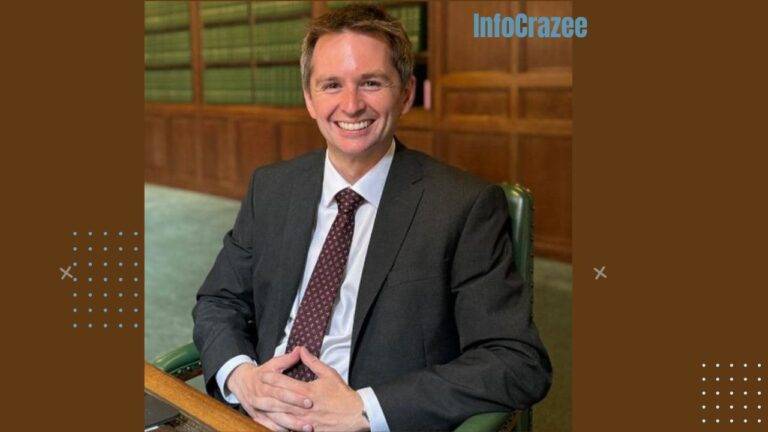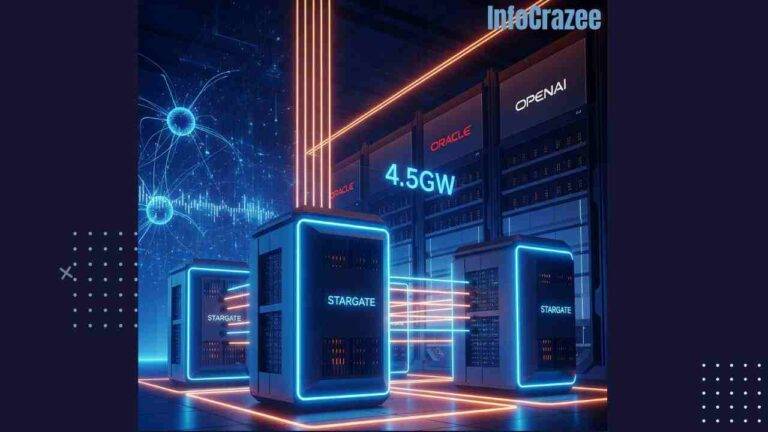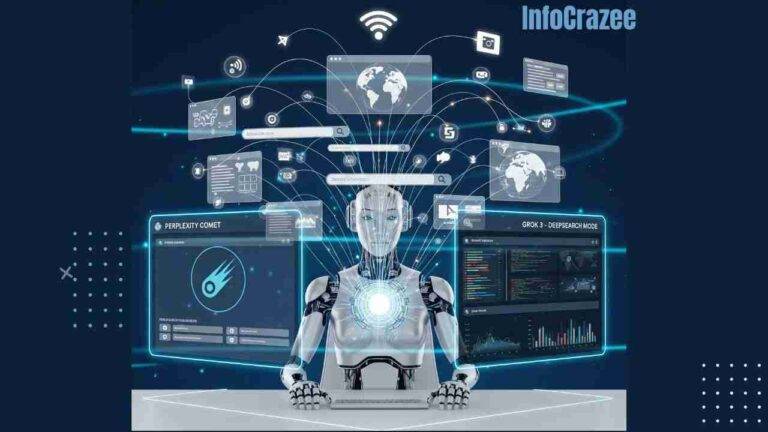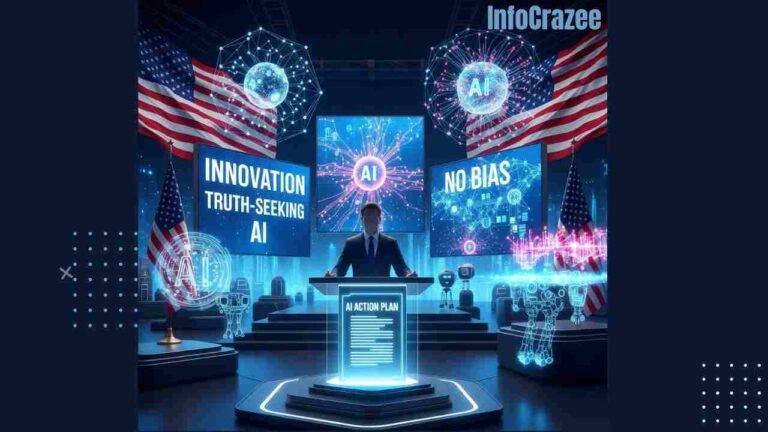Tesla Lawsuit Highlights Elon Musk’s Broken Promises on Self-Driving and EV Features
Tesla and CEO Elon Musk are facing a high-profile lawsuit from California’s Department of Motor Vehicles (DMV), accusing the company of false advertising regarding its self-driving and electric vehicle (EV) capabilities. The case, which began a five-day hearing in Oakland on July 21, 2025, centers on Musk’s repeated unfulfilled promises about Tesla’s Full Self-Driving (FSD) technology and other advanced features, alleging they misled consumers and inflated expectations.
Allegations of False Advertising
The California DMV claims Tesla’s marketing, driven by Musk’s bold statements, deceived buyers into believing its vehicles could operate autonomously. Key promises include Musk’s 2016 claim that Teslas would “drive themselves” across the U.S. by 2017 without driver intervention and a 2019 prediction of deploying 1 million robotaxis by 2020—neither of which has materialized. The DMV cites specific marketing phrases, such as “no action required by the driver” and vehicles self-parking, as misleading, given that Tesla’s FSD and Autopilot systems still require active driver supervision. The agency seeks to suspend Tesla’s sales in California for at least 30 days, a significant blow considering the state accounts for roughly 30% of Tesla’s U.S. market.
A related civil lawsuit in California represents drivers who claim they were defrauded into paying up to $15,000 for FSD, expecting imminent autonomy that never arrived. The plaintiffs argue Tesla’s promises turned vehicles into “appreciable assets” that failed to deliver, citing at least 24 fatal crashes involving Autopilot or FSD, though Tesla attributes these to driver error rather than system flaws.
Tesla’s Defense and Context
Tesla defends its marketing as aspirational, arguing that terms like “Full Self-Driving” and “Autopilot” never implied full autonomy without supervision. The company rebranded FSD as “Full Self-Driving (Supervised)” in 2024 and removed contested claims from its website to clarify limitations. Tesla’s legal team contends that professional and amateur investors alike understand Musk’s statements as optimistic “puffery,” not actionable promises, a defense that succeeded in dismissing a 2023 shareholder lawsuit in San Francisco. U.S. District Judge Araceli Martinez-Olguin ruled that shareholders failed to prove Tesla’s claims were false or caused direct financial harm.
However, Tesla faces ongoing scrutiny. The U.S. Department of Justice and Securities and Exchange Commission are probing its self-driving claims, while a federal trial in Miami, involving a 2022 fatal crash, could set a precedent for punitive damages if Tesla is found to have acted recklessly. The company’s declining sales in California—down 18% year-over-year—and recalls, including issues with the Cybertruck, add pressure to its operations.
Musk’s Pattern of Overpromising
Musk’s history of ambitious predictions extends beyond self-driving. In 2016, he claimed all Teslas would ship with hardware for full autonomy, promising free upgrades if needed—an unfulfilled commitment for many owners. His 2019 vision of a Tesla ride-hailing network, likened to “Airbnb meets Uber,” remains unrealized, with recent discussions with California regulators revealing a more limited ridesharing plan requiring safety drivers. Musk’s 2025 X post claiming Tesla achieved top autonomous results in China, despite data export restrictions, further fuels debate about the feasibility of his timelines.
Critics, like auto journalist Ed Niedermeyer, argue Musk’s optimism creates unrealistic expectations, driven by the need to boost Tesla’s stock value, which relies heavily on its AI and autonomy narrative. “Musk’s promises keep investors believing, but the gap between rhetoric and reality is growing,” Niedermeyer told WIRED in May 2025.
Industry and Regulatory Implications
The lawsuit underscores broader challenges in the autonomous vehicle industry. Tesla’s vision-only approach, relying on cameras and AI without lidar or radar, contrasts with competitors like Waymo, which use detailed maps and diverse sensors. Experts argue Tesla’s method may limit its ability to achieve true autonomy, a concern echoed in the DMV’s case.
As California pushes for stricter oversight under its 2022 law prohibiting misleading autonomous vehicle marketing, Tesla’s outcome could influence how companies advertise advanced driver-assistance systems (ADAS). With global regulators watching, the case may set a precedent for balancing innovation with accountability in the EV and autonomy race.
